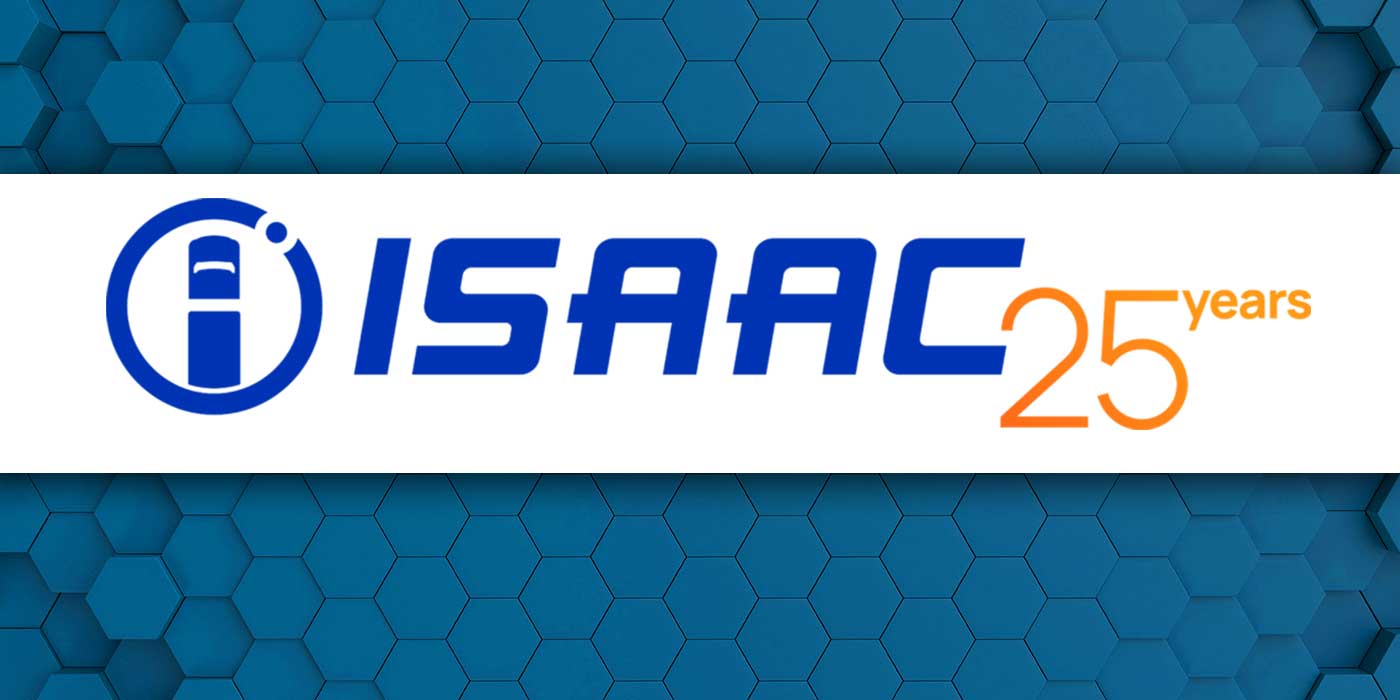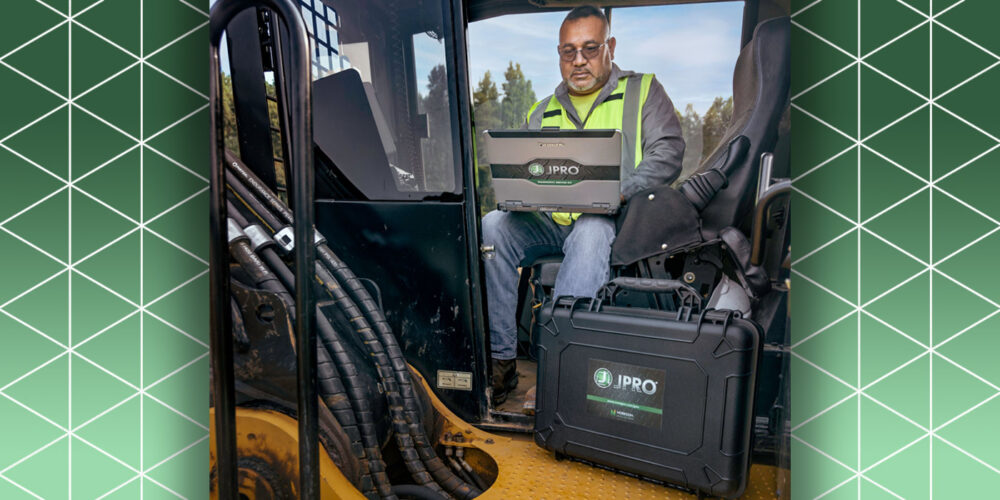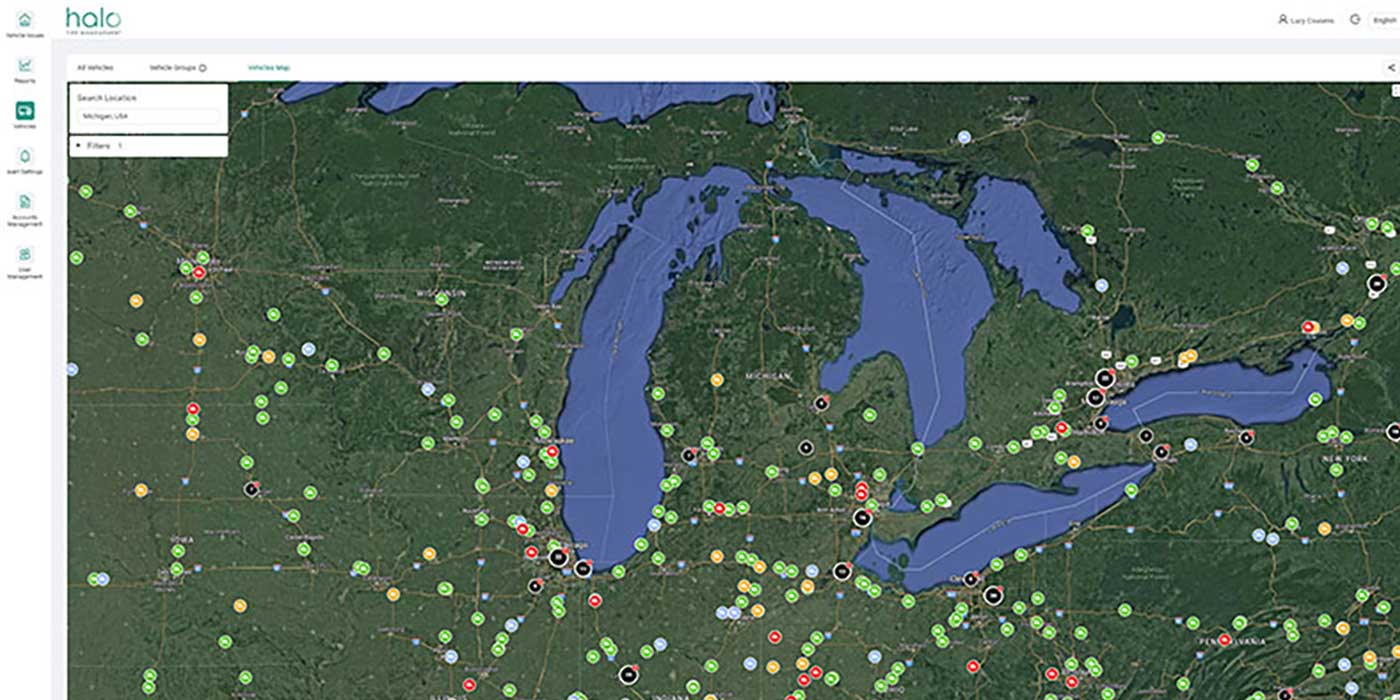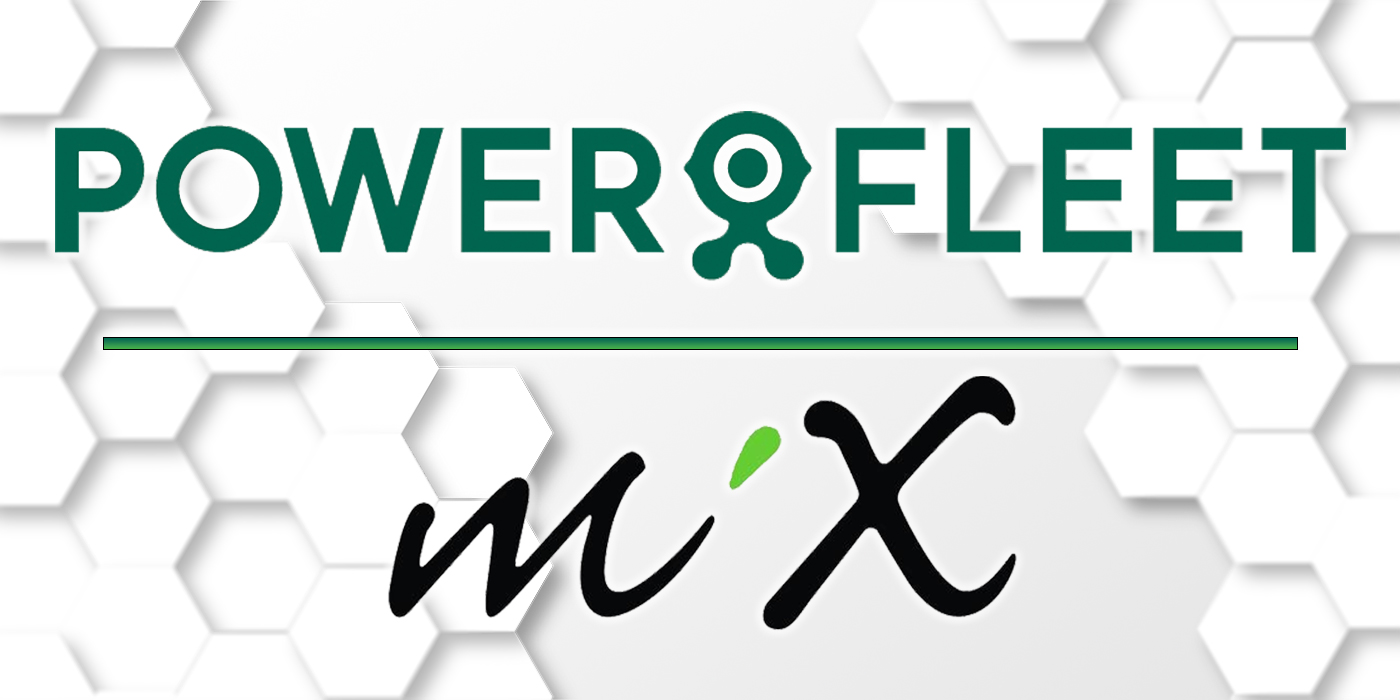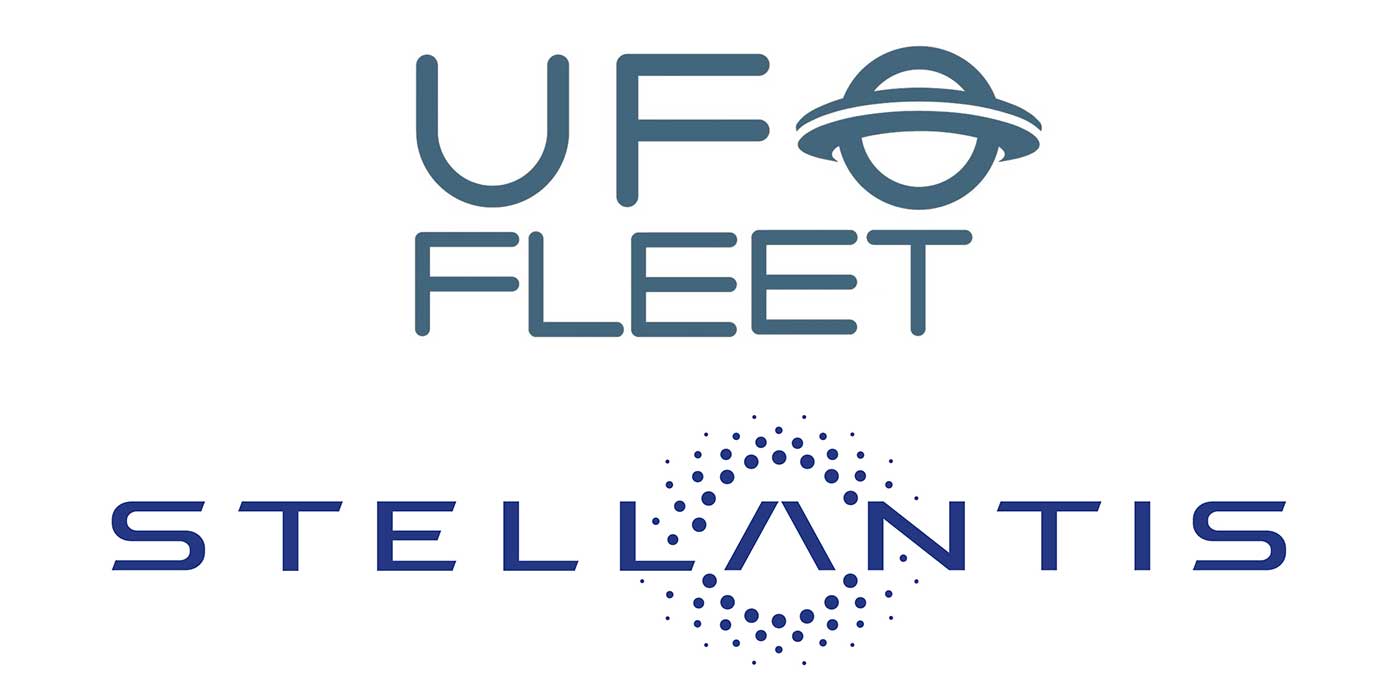We seem to be going through times where budget decisions are based on cost rather than doing “the right thing.” I base this on my observations of front-line, younger fleet mangers are making decisions that exclude a focus on cost rather than determining what is “right or wrong.”
We are supposed to be professionals who are paid to make the right decisions for the fleet taking all the facts into consideration. Most people are afraid to stand their ground and make decisions based on whether or not they are “right” for the company. They often opt for a cheaper alternative to perhaps please their bosses, which means they may be compromising their own reputation and integrity.
An example of this is a boss pressuring the shop manager to make repairs based on lower cost rather than need, maybe even asking sarcastic or uninformed repair questions related to spending. Now what does the manager do? Make cost cuts to please the boss or make the repairs that are needed? The decision may come down to how it affects the manager’s bonus.
Some businesses are budgeting in weekly, and even daily in some cases, to control costs. But budgets need to be flexible to accommodated unscheduled repairs. What most do not understand is that when a piece of equipment needs tires, brakes or other components and service, it needs it now, not when the budget permits. Most managers will try to get the last mile out of tires and brakes. I’m not suggesting they compromise on safety, but there is a good chance that the person driving budget and repair cost decisions never sees how his or her decisions affects the equipment.
Frequently, equipment is parked or repairs are delayed, which only postpones costs related to repairs—costs that don’t go away. Or if the asset is sold, costs will only be seen in the gain on sale, or loss on sale, which will not show up in the repair and maintenance (R&M) line of the profit and loss statements (P&L). It leaves a manager facing a questionable direction.
I understand why top management is driven to control spending, but it is unfortunate that many shop managers don’t control the checkbook—the ones on the front lines spend the money to keep equipment on the road. However, in most cases, it is the finance group—often through intimidation—that has control of the money and forces the decisions in an office that is a long way from the front lines where shop managers just want to make the right repairs to the assets. Nevertheless, I do think that they need to be controlled, but not through intimidation from finance. I believe shop management should manage at the shop level, “the budget” with a good business plan, and not manage to the budget.
For more information, visit Darry Stuart’s website or email comments or questions requests to Darry at: [email protected]



